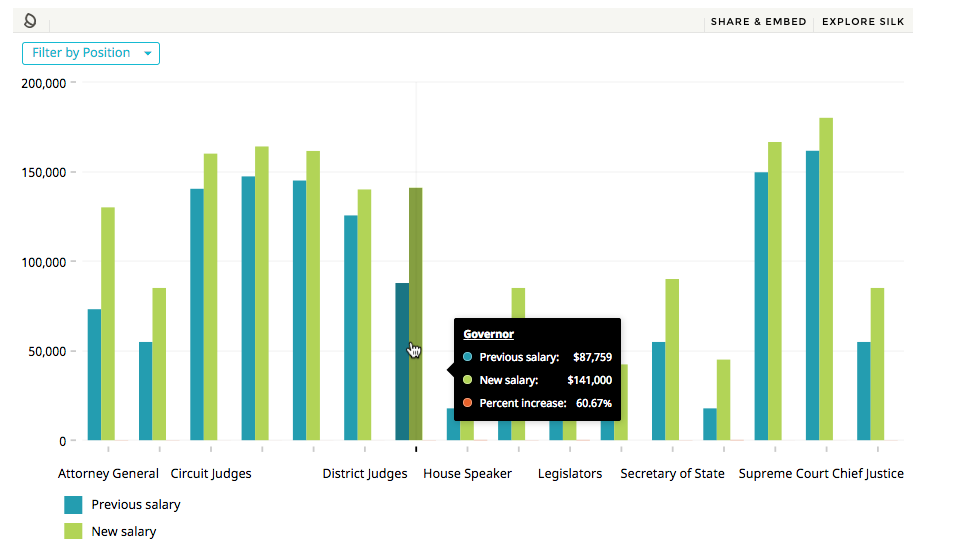A Walker County man accused of stealing from his tenant says his recent indictment shouldn't hold up because a sheriff's deputy he says was involved in the case was the foreman of the grand jury.
Walker County Sheriff Steve Wilson, however, says it happens all the time and he doesn't have a problem with it.
"All I know is it stinks," said Les Coffey, owner of the Peerless Mill in Rossville. "It doesn't pass the smell test."
Coffey, a lightning rod for controversy since he bought the mill in 2007, was indicted by a grand jury in March, accused of stealing equipment from a tenant he says he had been trying to evict for months.
The foreman of that jury was Walker County Sheriff's Deputy William Cason, who, according to court documents, had helped serve legal papers on one of Coffey's tenants. Coffey contends that the addressee on the papers is connected to the tenant making accusations against him, and therefore Cason has a conflict of interest.
In a phone interview Thursday, Cason said he had talked to Coffey only when he was supposed to serve the magistrate court documents in 2008. The form was addressed incorrectly, so he had to tell Coffey to resubmit it.
"If there had been any conflict, I would have removed myself," Cason said. "I was very, very careful to make sure that in any of these cases [to come before his jury] I didn't talk to other officers about them."
Wilson said Cason didn't do anything improper, and deputies are called for jury duty "all the time." Wilson said officers actively involved in an investigation are instructed to ask to be removed if they are called for jury duty. Simply serving civil papers, however, is not a reason to be removed, he said.
"No - don't see a thing in the world wrong with it," the sheriff said.
The Georgia Grand Jury Handbook says "interested parties" should remove themselves from juries and says indictments could be thrown out if a juror later is determined to be disqualified.
Frank Rotondo, director of the Georgia Association of Chiefs of Police, said the Peach State doesn't have rules barring officers and deputies from juries but it probably should. Several states ban officers from jury boxes, including Rotondo's native New York.
"Everybody has a different line," he said. "It's certainly clear to me with law enforcement, that line should be drawn."
Rotondo, who once was called for jury duty in Helen, Ga., but was removed by the defense attorney, said having officers on juries can create an "aura of impropriety." Officers, he said, probably would be quick to convict.
"When you're in certain professions, you are predisposed to biases," he said.
Cason said he had been in jury pools before but always had been cut. In trial juries, prosecutors and defense attorneys interview potential jurors and remove the ones they don't like. In grand juries, defense attorneys don't get to cull the jurors.
"The DA would like to have you, but the defense generally doesn't and cuts you," Cason said of his experience as a deputy in previous pools.
Wilson said deputies shouldn't be denied the "honor" of jury duty, and Cason agreed.
"As an officer I try to do my duty, but also as a citizen I try to do my duty," Cason said.
